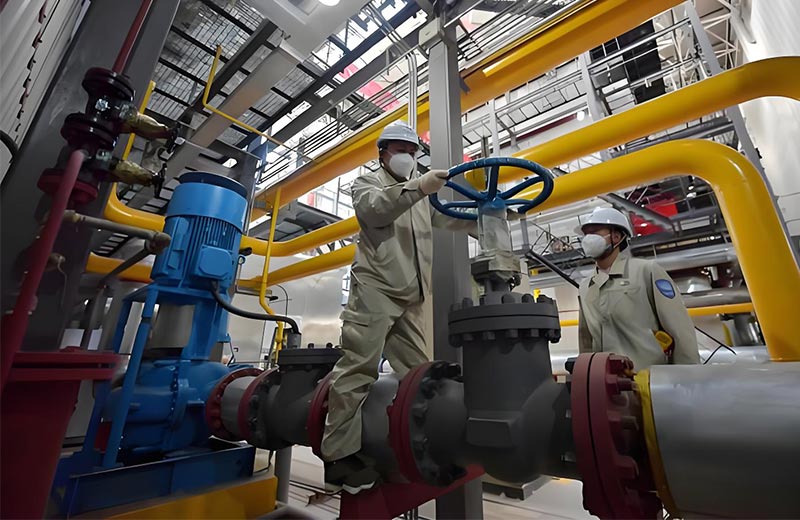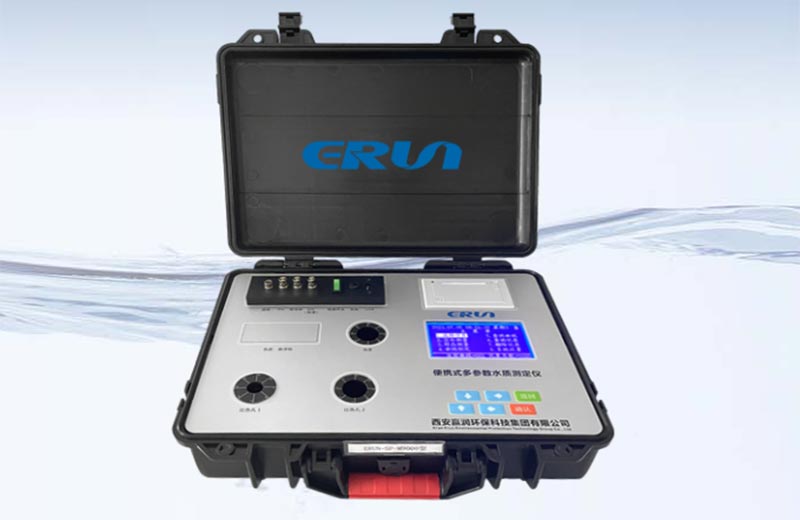As winter approaches, heating systems are becoming an integral part of homes and commercial buildings. As the core of the heating system, the heating boiler, its operational efficiency and safety directly affect the performance of the entire heating system.Boiler water testing is one of the key measures to ensure the safe and efficient operation of heating boilers.This article will detail the importance of heating boiler water testing and commonly used testing equipment to help users better manage and maintain their heating systems.

The main purpose of boiler water testing is to prevent and minimize various failures due to water quality problems.Improper water quality not only accelerates equipment corrosion and shortens boiler service life, but can also lead to problems such as scaling and sediment accumulation,All of these problems can affect the thermal efficiency of the boiler, increase energy consumption, and even cause safety hazards. Therefore, regular boiler water testing is essential to ensure the normal operation of the heating system.
1. pH: Ideally, boiler water pH should be maintained between 8.5 and 11. Too high or too low a pH may cause corrosion of metal parts.
2. Hardness: The amount of calcium and magnesium ions in the water determines the hardness of the water. Water with high hardness is prone to scale formation, which reduces the efficiency of heat transfer.
3. Dissolved Oxygen: Excessive dissolved oxygen can cause corrosion of metals. Controlling dissolved oxygen levels can help extend equipment life.
4. Total Dissolved Solids (TDS): High levels of TDS may indicate the presence of excess minerals or other impurities in the water that may contribute to sediment accumulation.
5. Concentration of chloride ions: Chloride ions are corrosive substances and excessive concentrations of chloride ions can accelerate the corrosion process of metallic materials.
1. On-site rapid testing: the use of portable test tools such as test paper, burette, etc., can be quickly completed in the field of the initial detection of certain parameters.
2. Accurate laboratory analysis: For more complex water quality problems, water samples need to be sent to a specialized laboratory for full analysis. Laboratories can provide more accurate data through specialized instruments and techniques.
3. Automatic monitoring system: modern large-scale heating systems are usually equipped with automatic water quality monitoring equipment, capable of real-time monitoring of the boiler water indicators, and issue timely alerts.
Boiler water testing equipment for heating boilers produced by WinRun Environmental Protection,It is capable of measuring the concentration of a number of parameters including turbidity, total hardness, total alkalinity, phenolphthalein alkalinity, pH, conductivity, dissolved oxygen, oil content, iron content, copper content, dissolved solids, phosphate, sulfite, and chloride ions.Depending on the test site, there are laboratory benchtop and portable models to choose from, if you need detailed information can be directly contact customer service.
Regular water quality tests are conducted in accordance with prescribed standards.
Adjust the water treatment program according to the test results, such as adding appropriate antiseptics and descaling agents.
Perform regular cleaning and maintenance of the boiler system to remove internal buildup of dirt and sediment.
Record data from each test to create a complete water quality profile so that trends in water quality can be tracked.

In short, through scientific and reasonable boiler water testing and management, not only can improve the operational efficiency of the heating system, energy savings, but also effectively extend the service life of the equipment to ensure heating safety.I hope the above provides valuable reference information for you. If you have more questions about boiler water treatment, please feel free to ask.